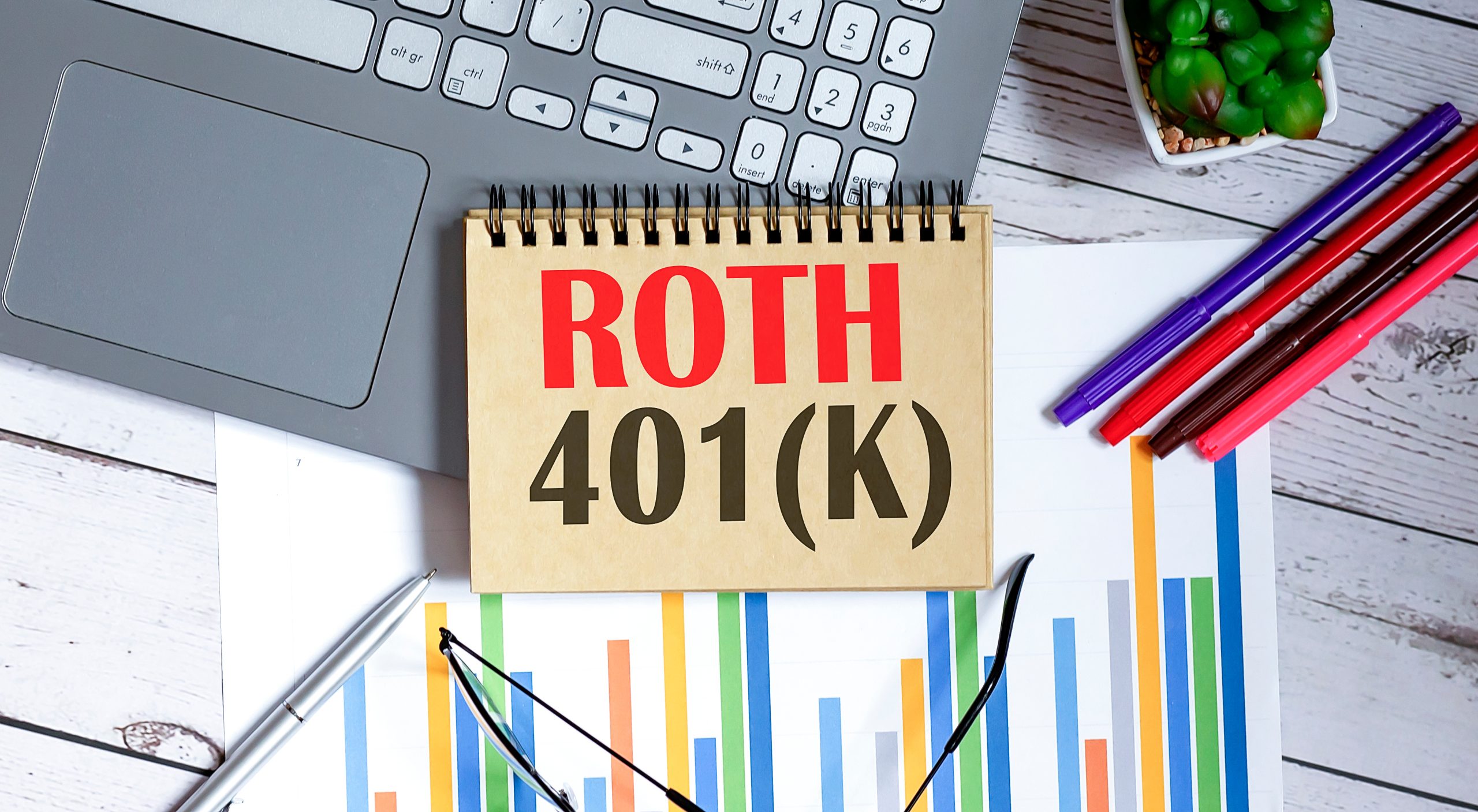Saving for retirement is a crucial financial goal, and one of the most effective ways to do so is through a 401(k) plan. While traditional 401(k) contributions offer tax advantages, another option deserves attention – employee Roth contributions. In this article, we will explore the importance of making Roth contributions within a 401(k), depending on your specific financial situation.
Understanding Roth Contributions: Roth contributions within a 401(k) are after-tax contributions made by the employee, meaning you pay taxes on the money before it goes into your retirement account. The key advantage of Roth contributions is that qualified withdrawals in retirement are tax-free. Unlike traditional 401(k) distributions, which are subject to ordinary income taxes, Roth distributions can be received tax-free, allowing retirees to enjoy their hard-earned savings without worrying about a hefty tax bill.
Tax Diversification and Flexibility: One of the most significant benefits of implementing Roth contributions into your 401(k) strategy is the concept of tax diversification (please see our article on tax diversification for more detail). By having a mix of both traditional and Roth retirement accounts, you can diversify the tax treatment of your distributions needed to cover your standard of living in retirement. This diversification provides flexibility when it comes to managing your tax liability in different market conditions and financial circumstances.
Roth contributions offer unique flexibility for early retirees. Since Roth contributions have already been taxed, you can withdraw your contributions (not earnings) at any time penalty-free before reaching the age of 59½. This accessibility can provide a safety net and additional financial flexibility for those who retire early or have unexpected financial needs.
Potential for Tax-Free Growth and Legacy Planning: In addition to the tax benefits in retirement, Roth contributions within a 401(k) offer the potential for tax-free growth. In a traditional 401(k) plan, the investment gains are tax-deferred, allowing your savings to compound over time without owing immediate taxes. However, unlike traditional 401(k)s, which are subject to taxation upon withdrawal, qualified Roth distributions are tax-free. This advantage alone can significantly amplify the growth of your retirement savings.
Roth contributions can play a crucial role in legacy planning. If you don't anticipate needing your entire 401(k) balance during your retirement years, a Roth account allows you to pass on a tax-free inheritance to your beneficiaries. While traditional 401(k) accounts inherited by beneficiaries are subject to income tax, Roth 401(k) accounts can be distributed tax-free over time, potentially benefiting future generations and helping to preserve your family's wealth.
I cannot emphasize enough the importance of considering Roth contributions within your 401(k) plan. The tax diversification, flexibility, potential for tax-free growth, and legacy planning advantages make Roth contributions a valuable tool for optimizing your savings strategy. If you have questions, consult with a fiduciary to evaluate your specific circumstances and determine the best approach to incorporating Roth contributions into your long-term financial plan.
Financial Enhancement Group is an SEC Registered Investment Advisor. Securities offered through World Equity Group, Inc. Member FINRA/SIPC. Advisory services can be provided by Financial Enhancement Group (FEG) or World Equity Group. FEG and World Equity Group are separately owned and operated.


